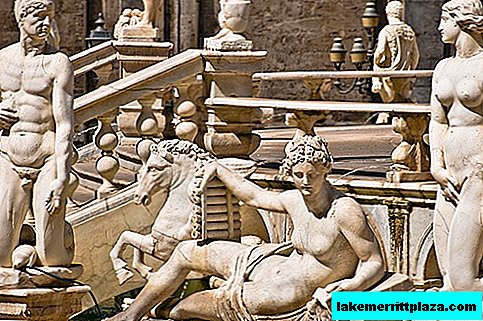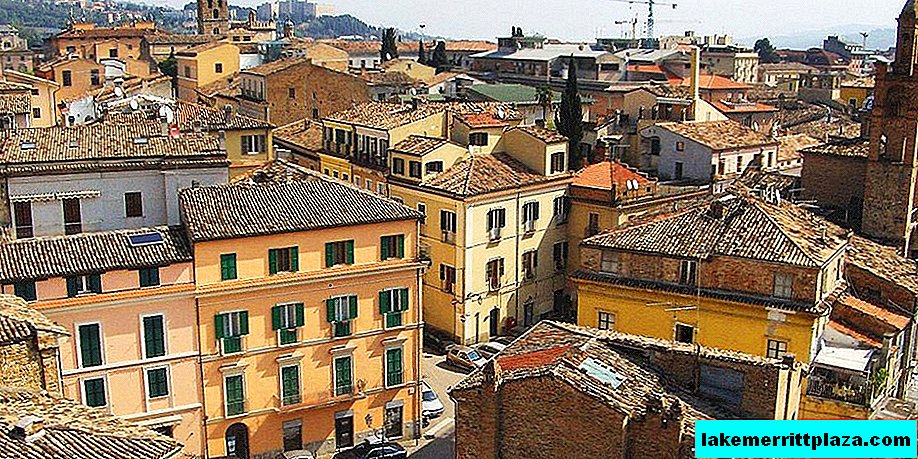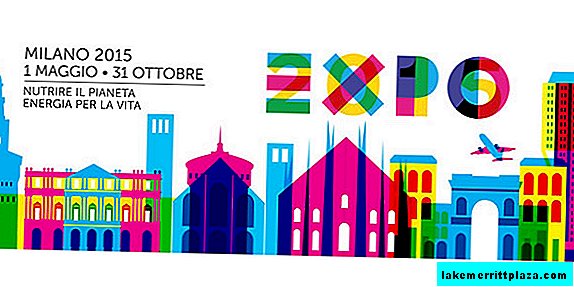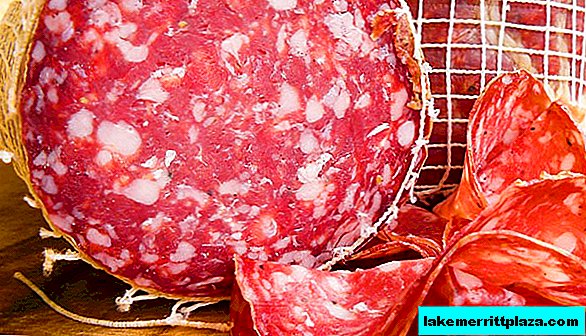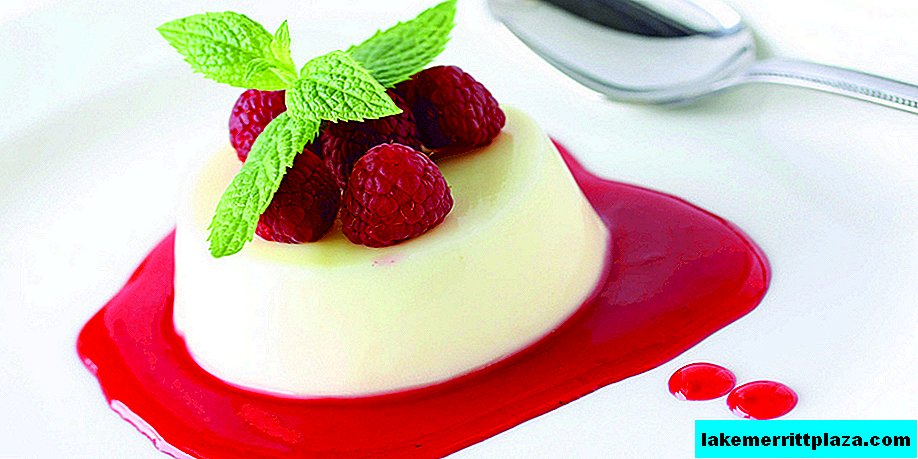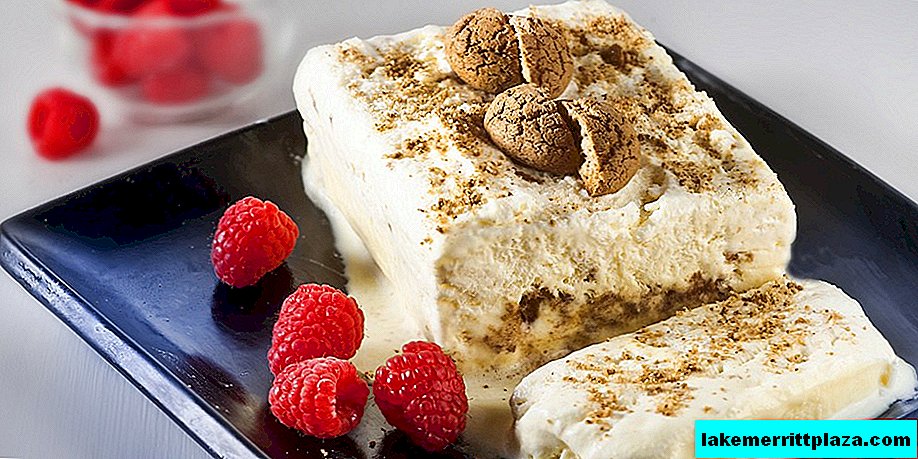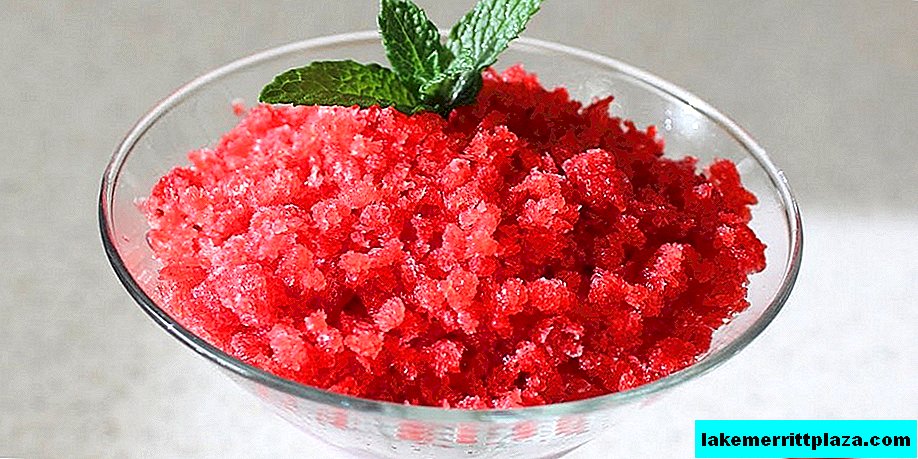Traveling the popular tourist routes of Italy, it is quite possible to do without knowledge of the language. In Rome, Florence, Milan and Venice, many Italians, especially young people, are quite fluent in English. But if you want to "dig" the country deeper and turn off the highway into the village, then knowledge of at least the basics of Italian will be very useful here. And the deeper you get into the Italian outback, the more useful it will be to know at least the most basic words.
Together with Vika - our Italian language tutor for Skype - BlogoItaliano has compiled a short list of the most used Italian language words that may be useful to you on your trip. And to make their use even easier, next to each word / phrase, we wrote a Russian transcription of how to pronounce him / her correctly.
Italian - Words: Greetings
Ciao! (ciao) - Hello! (at a meeting) / Bye! (goodbye)
Salve! (salve) - decomp. Hello! Good health!
Buon giorno! (Buon Jorno) - Good afternoon! Good morning! (Although the initial translation of this phrase is “good afternoon”, in Italy, no matter how early morning morning starts, you can immediately say Buon giorno!)
Buon pomeriggio! (pomeridzhio boon) - Good afternoon! (it is better to use this phrase in the afternoon, when parting, wishing a good day!)
Buona sera! (buonasera) - Good evening!
Buona notte! (buonanotte) - Good night!
Arrivederci! (arrivederchi) - Goodbye!
A presto! (appresto) - See you soon!
Tante belle cose! (tante belle goat) - All the best!
Come va? (Coma wa) - How are you?
Come stai? (coma pack) - How are you? How do you feel?
Come sta? (coma hundred) - How are you? How are you feeling?
Molto bene! / Benissimo! (molto bene / benissimo) - Very good! Fine! Sumptuously!
Bene! (bene) - Good!
Cosi-cosi! (kozi-kozi) - So-so!
Male! (male) - Bad!
Italian language - words: Acquaintance
You can find out your interlocutor’s name using the following phrases:
Come ti chiami? (coma chiami) - What is your name?
Come si chiama? (coma si kyama) - What is your name?
You can answer this as follows:
Mi chiamo ... / Io sono (mi kyamo ... / io sono ...) - my name is (name)
After the exchange of names, it is customary to say:
Piacere! (piacheré) - Nice (to meet you)!

Polite words
Grazie (grace) - thanks;
Grazie tante / Molte grazie (grace tante / molte grazie) - many thanks;
Prego - please (in response to “thank you”)
Per favore / Per cortesia / Per piacere (per favore / per cortezia / per piacere) - please (if requested)
Mi scusi (mi squeeze) - sorry
Si (si) - yes
No (no) - no
Words for market and store.
Quanto costa? (cuanto costa) - How much does it cost?
Vorrei comprare questa cosa - I would like to buy this item.
Prendo questo (prendo kuesto) - take / buy it;
Prezzo (prezzo) - price;
Aperto (aperto) - openly;
Chiuso (chiuso) - closed;
Voglio provare (vollyo provare) - I want to try on;
Voglio assaggiare (vollyo assagiare) - I want to try;
Puo 'farmi uno sconto? (puo farmi uno konto) - Could you give me a discount?
E caro (e caro) - expensive;
Poco prezzo / a buon mercato (poco prezzo / bucon mercato) - cheap
Scontrino, per favore! (scontrino perfavore) - check, please!
Orienteering words
Dove si trova ...? (dove s trova) - where is ...?
A sinistra (a sinistra) - left, left;
A destra (a destra) - to the right, to the right;
Fermata (stop)
Aeroporto (airport) - airport;
Stazione (Station) - railway station;
Capisco (Capisko) - I understand;
Non capisco (non capisco) - I do not understand;
So (co) - I know;
Non so (non-so) - I do not know;
And finally, congratulations:
Auguri! (auguri) - so you can congratulate on any holiday: birthday, angel's day, etc. Literally, this means "congratulations."
Alla salute (alla salute) is a toast that means "for our health."
I hope our improvised list of the most used words and expressions of the Italian language will help to make your trip more comfortable, easy and enjoyable.
By the way, Vika recorded a separate video with 30 popular words and phrases that may be useful to you on a trip. Check it out now because it has a lot of useful things:
I am very grateful to Vika for help in preparing the material and I remind you that she conducts individual Skype lessons with those who want to improve their Italian or learn a language from scratch. Trial lesson at Wiki is free, so you do not risk anything.
You can coordinate the time for a trial lesson by writing to Vika by e-mailemail protected or by sending a message through the feedback form below.
Mail for Wiki
Photo by: Classes N Camps.

